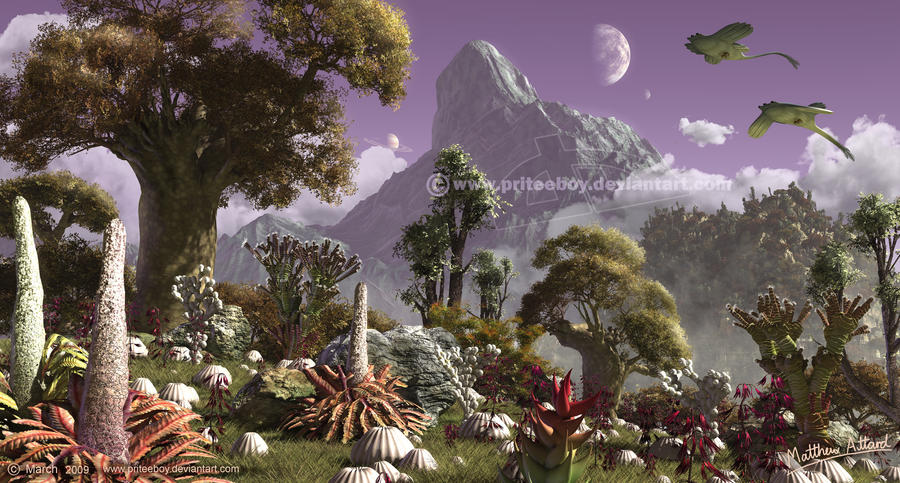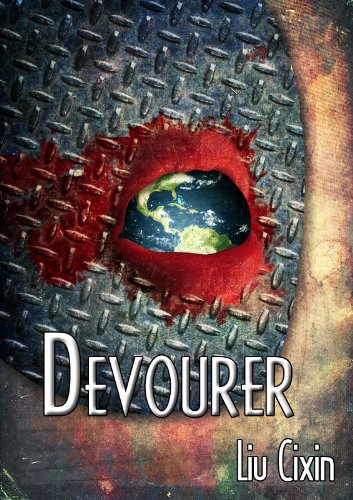 The Three-Body Problem by Cixin Liu
The Three-Body Problem by Cixin LiuMy rating: 5 of 5 stars
With the scope of Dune and the commercial action of Independence Day, Three-Body Problem is the first chance for English-speaking readers to experience this multiple-award-winning phenomenon from China’s most beloved science fiction author, Liu Cixin.
Set against the backdrop of China’s Cultural Revolution, a secret military project sends signals into space to establish contact with aliens. An alien civilization on the brink of destruction captures the signal and plans to invade Earth. Meanwhile, on Earth, different camps start forming, planning to either welcome the superior beings and help them take over a world seen as corrupt, or to fight against the invasion. The result is a science fiction masterpiece of enormous scope and vision.
I'd first heard of Cixin Liu a couple years ago and knew that he was a well respected and awarded Chinese author, and after I'd read a couple of his shorter works I was very keen to read The Three Body Problem when it's English version appeared. I can most assuredly say that we've got here one very good hard science fiction novel, and it's only the beginning of a longer saga that sounds like it's going to be a real beauty. Being hard sci-fi, which is not usually my preferred flavour, I found some portions of the story a tad arduous, but not exactly difficult to read. These portions were specifically where we're taken into the virtual reality world of the Three Body computer game, and the main protagonist's adventures and discoveries therein. However, further into the book the information given through these scenes makes absolute sense and is actually a crucial part of the story, which paints the background superbly and fits with the whole story really well. The Chinese Cultural Revolution is an unusual but appropriate backdrop, and it's superbly written so that we can connect easily with the characters and their trials and tribulations of that period. I was going to award four stars to this book due to the previously mentioned "arduous" sections, but the whole story came together so well toward the end that it earned the fifth star. The next book in the series is due out in English in July 2015 and I will be reading that to see where this fascinating story goes next. Based on what I've read of Liu's so far, I reckon it's a safe bet that it'll be fantastic.
View all my reviews






